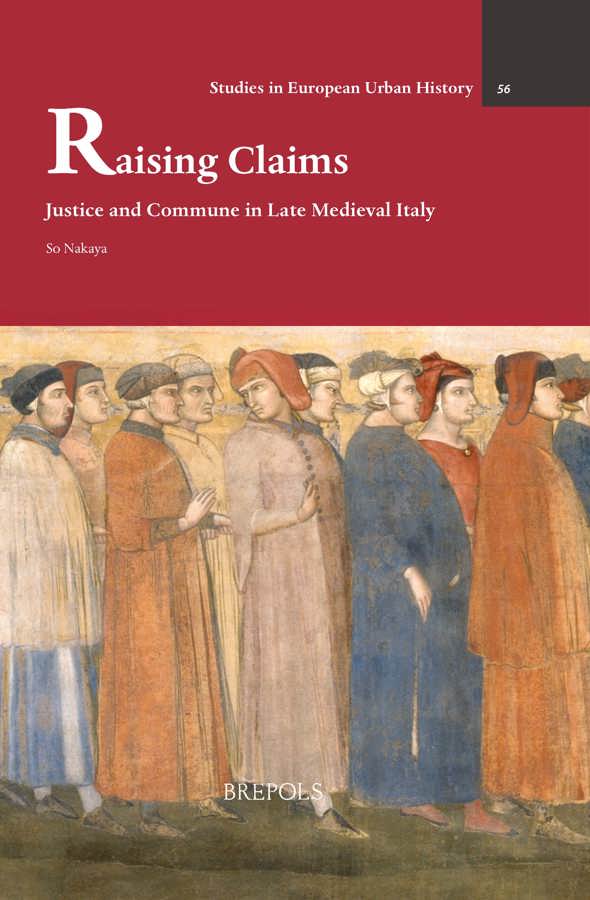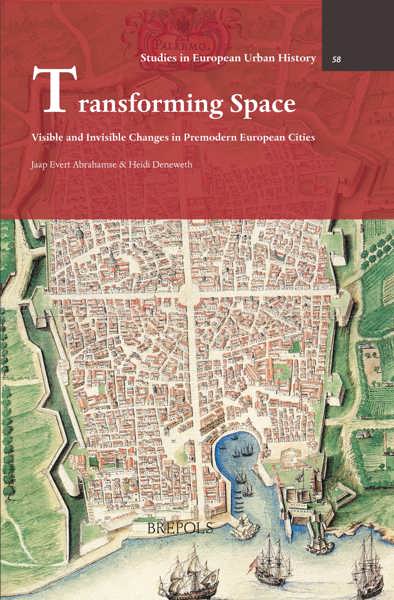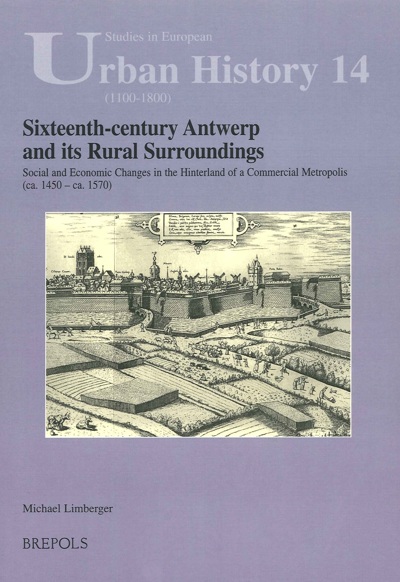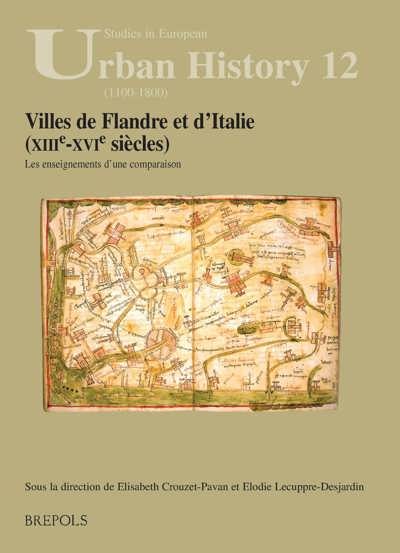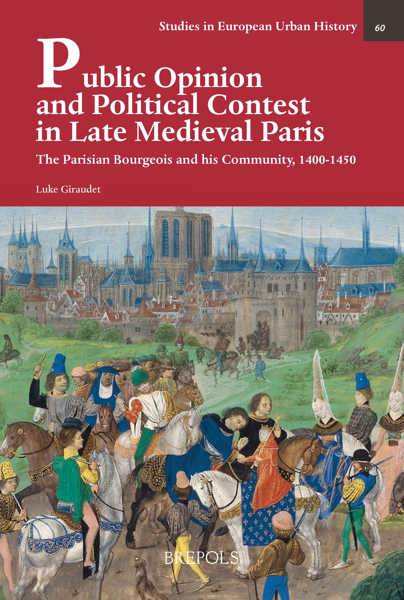
- Pages: 255 p.
- Size:178 x 254 mm
- Illustrations:7 b/w, 18 tables b/w., 3 maps b/w
- Language(s):English
- Publication Year:2022
- € 86,00 EXCL. VAT RETAIL PRICE
- ISBN: 978-2-503-59006-6
- Hardback
- Available
- € 86,00 EXCL. VAT RETAIL PRICE
- ISBN: 978-2-503-59007-3
- E-book
- Available
Based on an examination of archival records from law courts and councils, this volume elucidates the formative characteristics of the commune and of justice in late medieval Italy by focusing on everyday claims raised by inhabitants in the spheres of civil and criminal justice.
“In conclusione, il lavoro di Nakaya, esito di lunghe e pazienti ricerche archivistiche, offre un affresco ricco e dettagliato, la cui fruizione è agevolata da tre carte geografiche, numerosi grafici e una linea cronologica; ancora meglio sarebbe stato (...)". (Alberto Spataro, in Sehepunkte, 23/3/2023)
"Without a doubt, this is a superb study. (...) This kind of study is possible only because of the author’s holistic approach to law and power. He embraces complex and nuanced questions and supports his investigations with a mastery of the archival sources and a deep understanding of their creation, use, and revision. With clarity and precision, Nakaya leads the reader through subjects that are at times necessarily technical to arrive at a broader sense of the shifting ideas of justice in the Late Middle Ages and the factors that shaped those changes. This wonderful book is a necessity for anyone interested in the political and legal history of late medieval Italy." (Joanna Carraway Vitiello, in The Medieval Review, 08/11/2024)
" On the whole, Nakaya provides us with a brilliant political history of the commune all’italiana that is perceived through the lens of judicial archives." (Arnaud Fossier, in Speculum, 100/2, 2025, p. 568)
"Sebbene il volume sia rivolto sia all’ambito della giustizia criminale che a quella civile, è proprio a quest’ultima che l’autore dedica la prima parte del volume, la più corposa e probabilmente anche la più significativa: (...) l’incontrastato primato del criminale come punto di osservazione per comprendere la giustizia comunale in buona parte della storiografia anche recente in materia ha lasciato ancora relativamente poco valorizzate le ricche (spesso più ricche) serie giudiziarie del civile, ed è sicuramente un grande merito di Nakaya quello di aver messo a fuoco proprio questa parte della documentazione." (Lorenzo Tanzini, in Archivio Storico Italiano, 181/677, 2023, p. 639)
So NAKAYA is a Professor Associate at Osaka University (Japan). His research interests primarily focus on social and legal history of the medieval Italian cities. He has received the Japan Academy Medal, JSPS Prize, Premio Fosco Maraini, Kazuo Amano Prize.
Ceccholo, making a claim against Nello for the payment of unpaid land rent. Jacopo, Giovanni and Turi, appealing for an exemption from tax. The long queue of claimants that formed in front of the communal palace was an everyday scene in fourteenth century Lucca. What is remarkable is the enormous ubiquity of such claims. In this Tuscan city of only twenty thousand people, an average of ten thousand claims were filed at the civil court each year. Why did local residents submit claims to the commune in such numbers? And what effect did this daily accumulation have on the development of the commune?
In the fourteenth century, Italian communes, the established public authorities that governed the populace, underwent a shift toward becoming oligarchic regimes. The communes’ character as a form of government in which power was held ‘in common’ by ‘the public’ seemed be on the verge of disappearing. At this time, political leaders and judicial magistrates began to rely on their own discretion when rendering their decisions, a practice that was recognized as legitimate even when such decisions deviated from positive law. By the beginning of the fifteenth century, this shift in the underlying logic of the legitimacy of rulings became entrenched in the jural and political character of the commune, portending the advent of the modern era. Based on the archival records from law courts and councils, this book elucidates the process of the emergence and shaping of a new form of justice and the transformation of the commune by focusing on everyday practices that unfolded in the spheres of civil and criminal justice by inhabitants who raised claims and the governors who heard them.
Introduction
Part I: Civil Justice and the Commune
Chapter 1: Why did people go to the courts?
1. The high volume of claims heard by civil courts
2. Civil trials
3. Conflict resolution extra iudicium
4. The significance of judicial orders
5. The commune within society
Chapter 2: Realisation of the Commune through Claims
1. Interaction between the Commune and Its Inhabitants
2. Exceptio in the courts
3. Speaking out to the Anziani
4. The creativity of claims
Chapter 3: A shift in the modality of justice in the civil courts: From formalism to arbitrium
1. Changes to civil trials over the fourteenth century
2. A qualitative shift in the identity of decision makers
3. A shift in judicial principle in the realm of procedural law
4. The decline of local jurists
5. Exceptio among litigants and arbitrium procedendi among judges
6. The Doge and ‘proper’ summary justice
7. The commune’s appropriation of the realm of civil law
Part II: Criminal Justice and the Commune
Chapter 4: Criminal Justice in fourteenth-century Lucca
1. The rise of criminal justice
2. Volume of maleficia brought before the criminal court
3. Maleficia
4. Procedures
5. Sentences
6. After sentencing
7. Validity of gratia
Chapter 5: Gratia, the Commune, and Justice
1. Gratia and the commune
2. Amnesty under foreign masters
3. Individual gratia under Pisan rule
4. Prohibition of gratia in the republican period
5. Gratia in communal Lucca
Chapter 6: The Commune and Politics in the Practice of Extraordinary Justice
1. The commune and extraordinary justice
2. Captain ser Scherlatto’s lawsuit for the restitution of property
3. Maintenance of territorial security by the bargello
4. The podestà and the Anziani in the republican period
5. The 1392 regime and the Capitano del Popolo
6. Extraordinary justice and the extension of politics
Conclusion

